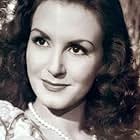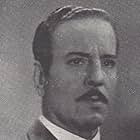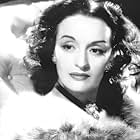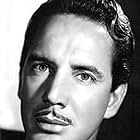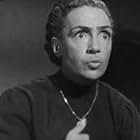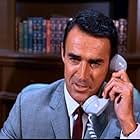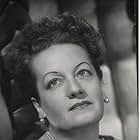Mario Soldati's film of Honoré de Balzac's masterpiece 'Eugenie Grandet' is a tough act to follow and although Emilio Gómez Muriel's version has merit, the decision to update it has inevitably lessened its impact. In the hands of this director it has the feel of a melodrama.
The character of Félix Grandet, along with Moliere's Harpagon, Eliot's Silas Marner and Dickens' Scrooge is a masterly portait of miserliness but has been somewhat toned down here in keeping with the modern setting. Félix has become Don Eugenio and is played superbly by Julio Villareal as a wily, cunning businessman. In the novel his wife dies prematurely through deprivation caused by his appalling penny-pinching but here there is no apparent reason why she should suddenly take to her bed. The superlative Andrea Palma impresses in what is a pretty thankless role.
The title character possesses nobility of soul and can easily appear one-dimensional but that is certainly not the case with either Alida Valli in Soldati's version or as played here by Margo López, indisputably one of the greatest artistes of Mexico's Golden Age. Not unlike Catherine Sloper in Henry James' 'Washington Square', her character grows in stature as she becomes independently wealthy and free of a domineering father. As Catherine rejects the opportunistic Morris Townsend so Eugenia deals harshly with the feckless adventurer who has won and betrayed her love. He is played by Ramón Gay and their final duologue is terrific. In Balzac's novel she settles for an unconsummated marriage with an older man but both Soldati and Muriel have chosen to dispense with this.
Although the film lacks a certain 'edge' it is well-paced, the performances are out of the top drawer and Gonzalo Curiel deservedly picked up a Silver Ariel for his touching score. It has been adapted by prolific screen writer Julio Alejandro who went on to adapt Bronte's 'Wuthering Heights' and Zweig's 'Letter from an unknown Woman', the latter again starring Marga López.
It was Zweig who observed that "those whom Fate has dealt hard knocks remain vulnerable forever afterwards." This certainly rings true here as we accompany Eugenia's journey from innocence to experience, hope to resignation, illusion to disenchantment.



